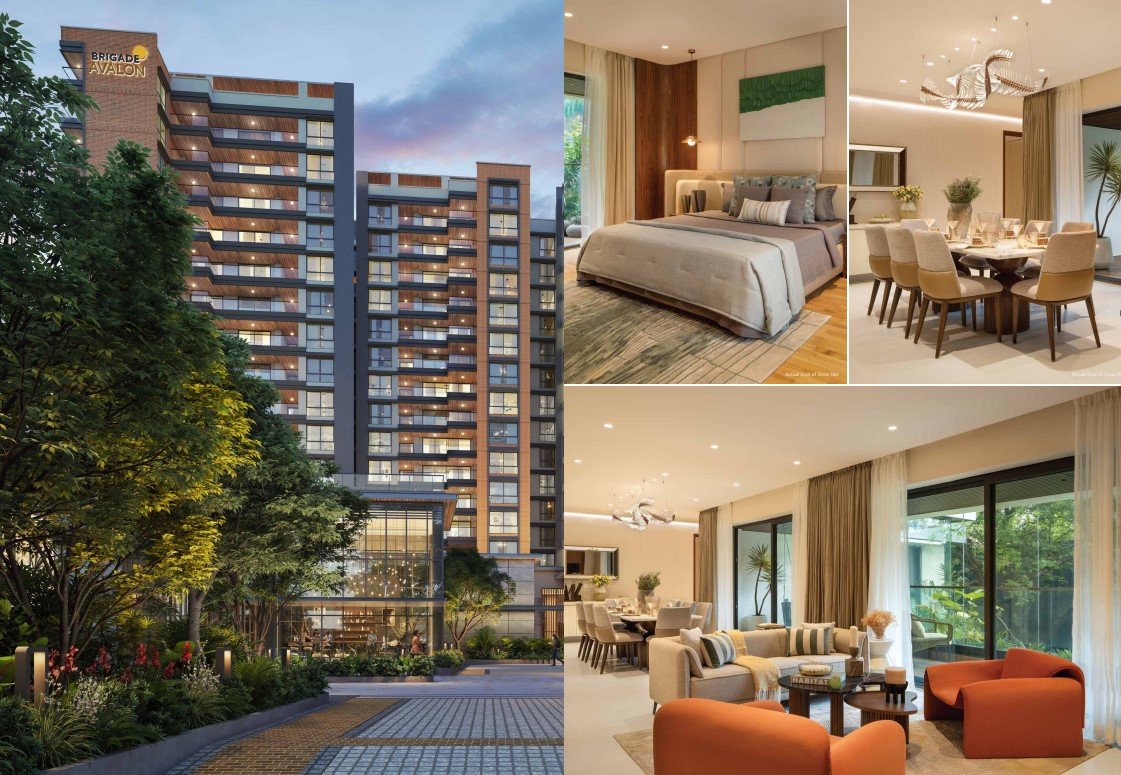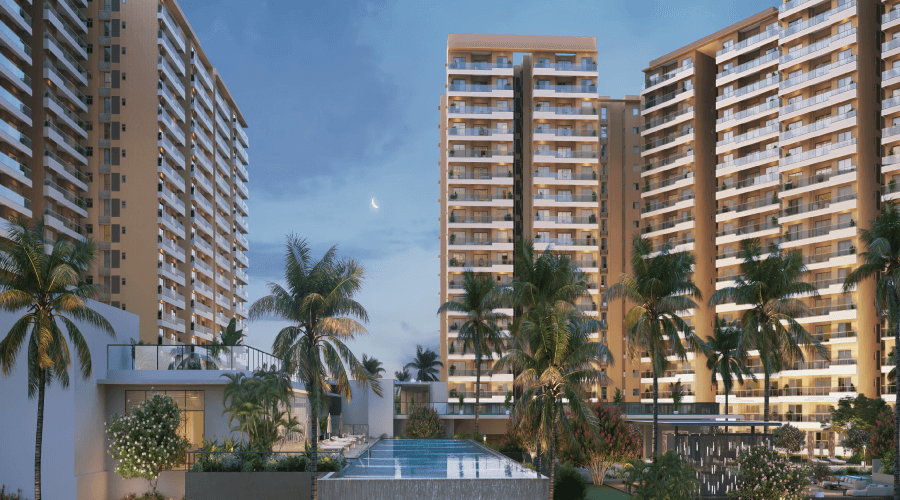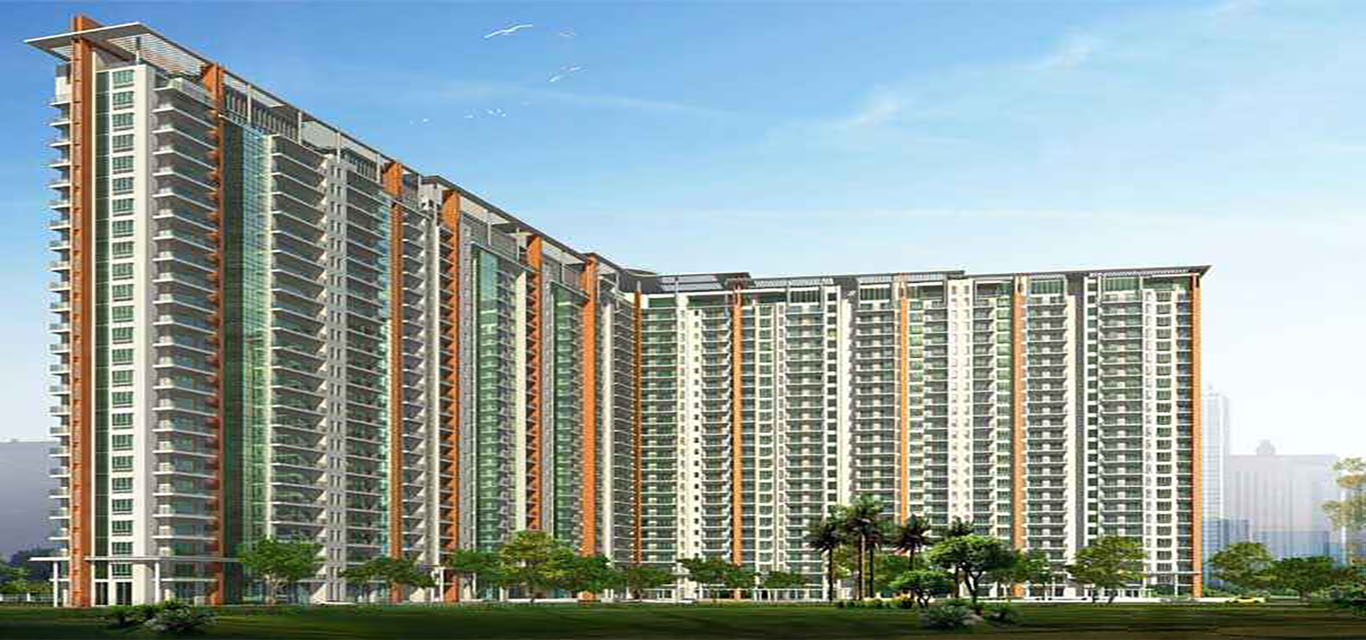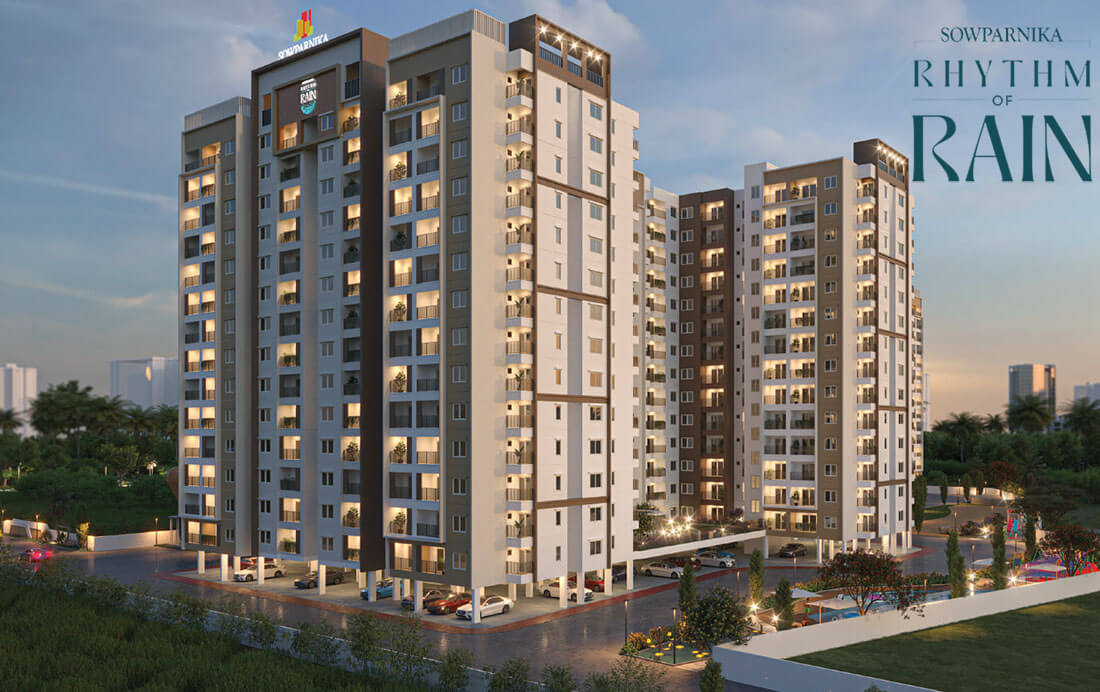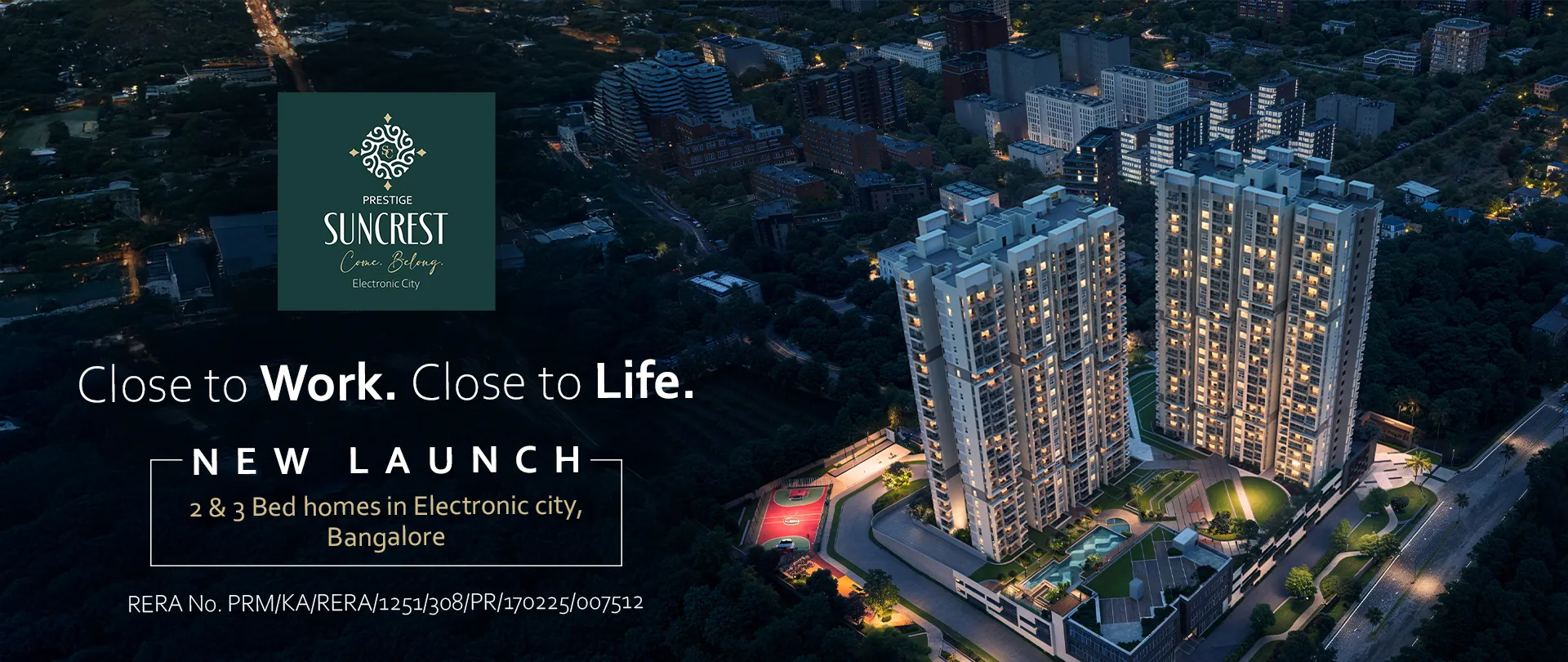
1 year ago
8 minutes Read
Bangalore Real Estate Market Trends 2025
Bangalore, often dubbed the "Silicon Valley of India," has consistently been a focal point for real estate investors and home buyers alike. As we step into 2025, understanding the evolving trends in Bangalore's real estate market becomes crucial for making informed decisions. This article delves into the key factors shaping the market, emerging hotspots, and future forecasts.
Overview of Bangalore's Real Estate Market in 2025
In 2025, Bangalore's real estate market is poised for significant growth, driven by infrastructural developments, a booming IT sector, and a steady influx of a skilled workforce. The city's blend of modern amenities and cultural heritage continues to attract both domestic and international investors.
Residential Real Estate Trends
Investment Opportunities in Suburbs
The suburban areas of Bangalore, such as Whitefield, Sarjapur Road, and North Bangalore, are witnessing rapid development. Improved connectivity through metro expansions and the establishment of tech parks have made these locales attractive for residential investments.
Hindustan Times Emerging Hotspots
Areas like Devanahalli and Bagalur, in proximity to the international airport, are emerging as new residential hubs. Their strategic location and ongoing infrastructural projects make them promising investment zones for the future.
Hindustan Times Infrastructure Developments
Significant infrastructure projects, including the expansion of the Namma Metro and the development of major expressways, are enhancing connectivity across the city. These developments are pivotal in driving real estate growth, particularly in previously underdeveloped areas.
Sustainable Development
There's a growing emphasis on sustainable living spaces in Bangalore. Developers are incorporating green building practices, energy-efficient designs, and sustainable materials to meet the increasing demand for eco-friendly residences.
Commercial Real Estate Trends
Key Office Markets and Leasing Activity
Bangalore's commercial real estate sector is witnessing robust growth, with increased leasing activities in prime office markets. The city's status as an IT and startup hub continues to attract multinational corporations, driving demand for office spaces.
Growth and Trends in Office Spaces
The trend towards flexible workspaces and co-working environments is gaining momentum. Businesses are opting for adaptable office solutions to accommodate hybrid work models, influencing the design and functionality of commercial properties.
Infrastructure and Connectivity Developments
Enhanced connectivity through metro lines and expressways is facilitating the expansion of commercial hubs beyond traditional central business districts. This shift is leading to the development of new business corridors and increased real estate activity in peripheral areas.
Market Outlook
The commercial real estate market in Bangalore is expected to maintain a positive trajectory, with steady demand for office spaces. However, developers and investors should remain cognizant of changing work patterns and technological advancements that may influence future demand.
Key Trends in Bangalore Real Estate Market 2025
Demand and Supply Dynamics
The balance between demand and supply is stabilizing, with new project launches aligning more closely with market needs. This equilibrium is contributing to the moderation of price escalations and fostering sustainable growth.
Property Price Movements
While luxury housing segments are experiencing significant growth, the overall market is expected to see steady price appreciation. Prospective interest rate cuts may further enhance housing affordability, stimulating buyer interest.
Emerging Localities
New micro-markets are gaining prominence due to infrastructural developments and improved connectivity. These areas offer investment opportunities with the potential for substantial returns as they develop into established residential and commercial hubs.
Focus on Sustainability
The shift towards sustainable and eco-friendly developments is becoming more pronounced. Homebuyers are increasingly prioritizing properties that offer green amenities, energy efficiency, and environmentally responsible construction practices.
Rise of PropTech
The integration of technology in real estate, known as PropTech, is transforming the market. From virtual property tours to digital transaction platforms, technology is enhancing transparency, efficiency, and customer experience in the real estate sector.
Affordable Housing
The demand for affordable housing remains strong, with developers focusing on delivering value-driven projects. Government initiatives and subsidies are supporting this segment, making homeownership more accessible to a broader population.
Impact of Infrastructure Development
Ongoing and planned infrastructure projects are significantly impacting real estate values. Enhanced connectivity, reduced travel times, and improved public amenities are making various parts of Bangalore more attractive for investment and residence.
Infrastructure Developments and Connectivity in Bangalore
Satellite Cities and Ring Roads
The development of satellite towns and ring roads is facilitating urban decongestion and promoting balanced regional growth. These projects are opening up new areas for development and investment, contributing to the city's overall expansion.
Major Expressways
The construction of major expressways is improving intercity and intracity connectivity, making commuting more efficient. These developments are positively influencing real estate values in connected regions, attracting both residential and commercial investments.
Metro Connectivity
The expansion of the Namma Metro network is a game-changer for Bangalore's real estate market. Enhanced metro connectivity is reducing traffic congestion and making suburban areas more accessible, driving demand in these regions.
Comprehensive Urban Plan
Bangalore's comprehensive urban planning initiatives aim to create a sustainable and livable city. Focus areas include infrastructure development, environmental conservation, and the provision of public amenities, all of which are integral to the city's real estate dynamics.
Sustainability and Green Real Estate Initiatives in Bangalore
Energy Efficiency
Developers are increasingly incorporating energy-efficient systems, such as solar panels and rainwater harvesting, into their projects. These initiatives not only reduce environmental impact but also offer cost savings to residents.
Innovative Design and Construction
The adoption of innovative design and construction techniques is promoting sustainability. Practices like modular construction, use of recycled materials, and green roofing are becoming more prevalent in Bangalore's real estate market.
Government Initiatives
Government policies and incentives are encouraging sustainable development. Regulations promoting green buildings and providing benefits for eco-friendly constructions are steering the market towards more responsible practices.
Community Engagement
Community engagement in sustainability efforts is on the rise. Residential communities are adopting waste management practices, water conservation measures, and green landscaping, contributing to the city's environmental well-being.
Legal and Regulatory Updates
Real Estate (Regulation and Development) Act, 2016 (RERA)
RERA continues to play a pivotal role in ensuring transparency and accountability in Bangalore's real estate market. Compliance with RERA regulations is mandatory, protecting the interests of homebuyers and promoting fair practices.
Transfer of Property Act, 1882
The Transfer of Property Act governs the transfer of property rights in Bangalore. Understanding its provisions is essential for both buyers and sellers to ensure legally sound transactions.
Registration Act, 1908
The Registration Act mandates the registration of property documents, providing legal validity and public notice of transactions. Adherence to this act is crucial for ensuring the legitimacy of property ownership and preventing legal disputes
Stamp Duty and Property Tax Regulations
Stamp duty and property tax are significant considerations in property transactions. The Karnataka government periodically revises these rates, impacting the overall cost of real estate investments. Staying updated on these regulations helps buyers and investors make informed decisions.
Foreign Direct Investment (FDI) in Real Estate
The Indian government has relaxed norms for Foreign Direct Investment (FDI) in real estate, making Bangalore an attractive destination for international investors. The influx of foreign capital is driving development in both residential and commercial sectors.
Challenges Facing Bangalore’s Real Estate Market in 2025
Rising Construction Costs
The increasing prices of raw materials, labor, and logistics are pushing up construction costs, which, in turn, affect property prices. Developers are looking for cost-effective solutions without compromising on quality.
Traffic Congestion and Infrastructure Strain
Despite major infrastructure projects, traffic congestion remains a persistent challenge in Bangalore. The city's rapid expansion often outpaces the development of supporting infrastructure, creating bottlenecks in certain areas.
Legal Disputes and Land Ownership Issues
Land disputes and litigation remain common concerns in Bangalore's real estate market. Ensuring proper due diligence and verifying land titles before purchasing property is crucial for avoiding legal complications.
Delayed Project Completions
While RERA has helped improve project delivery timelines, some developers still face challenges in completing projects on schedule. Buyers should verify the credibility and past performance of developers before making purchases.
Future Predictions for Bangalore Real Estate in 2025 and Beyond
Continued Growth in the IT Sector
Bangalore’s IT sector will remain a key driver of real estate demand. As tech companies expand their workforce, the need for residential and commercial spaces will continue to rise.
Integration of Smart Homes and Automation
The demand for smart homes featuring automation, energy-efficient appliances, and security solutions is growing. Developers are incorporating these technologies to attract modern homebuyers.
Rise of Co-Living and Co-Working Spaces
The younger workforce and freelancers are embracing co-living and co-working concepts. These flexible living and working arrangements are reshaping Bangalore’s rental and commercial real estate sectors.
Government Policy Impact
Government policies, including incentives for affordable housing and infrastructure development, will play a crucial role in shaping the real estate market. Supportive policies could further boost investment opportunities.
Conclusion
Bangalore’s real estate market in 2025 is set to be a dynamic landscape, shaped by infrastructure developments, economic growth, and evolving buyer preferences. While challenges such as rising costs and traffic congestion persist, the overall outlook remains positive, making the city a strong contender for real estate investments. Whether you're a homebuyer, investor, or business owner, staying informed about these trends will help you make the best decisions in the ever-evolving Bangalore property market.
"Looking for expert real estate insights? 📢 Connect with our specialists today!
👉 Talk to Our Expert and make informed property decisions with Prop Relator!"
Frequently Asked Questions (FAQs)
1. Is it a good time to invest in Bangalore real estate in 2025?
Yes, 2025 presents promising investment opportunities in Bangalore, especially in emerging hotspots with improved infrastructure and connectivity.
2. Which areas in Bangalore offer the best real estate investment potential?
Localities like Whitefield, Sarjapur Road, North Bangalore, and Devanahalli are currently among the top investment-friendly regions due to ongoing developments.
3. How will metro expansion impact Bangalore’s real estate market?
Metro expansion is enhancing connectivity, reducing travel times, and driving up property values in previously underdeveloped areas.
4. What are the key factors influencing property prices in Bangalore?
Factors like demand-supply dynamics, infrastructure projects, IT sector growth, and government policies significantly influence property prices.
5. How is sustainability shaping Bangalore’s real estate sector?
Developers are increasingly adopting green building practices, energy-efficient technologies, and sustainable materials to cater to eco-conscious buyers.
